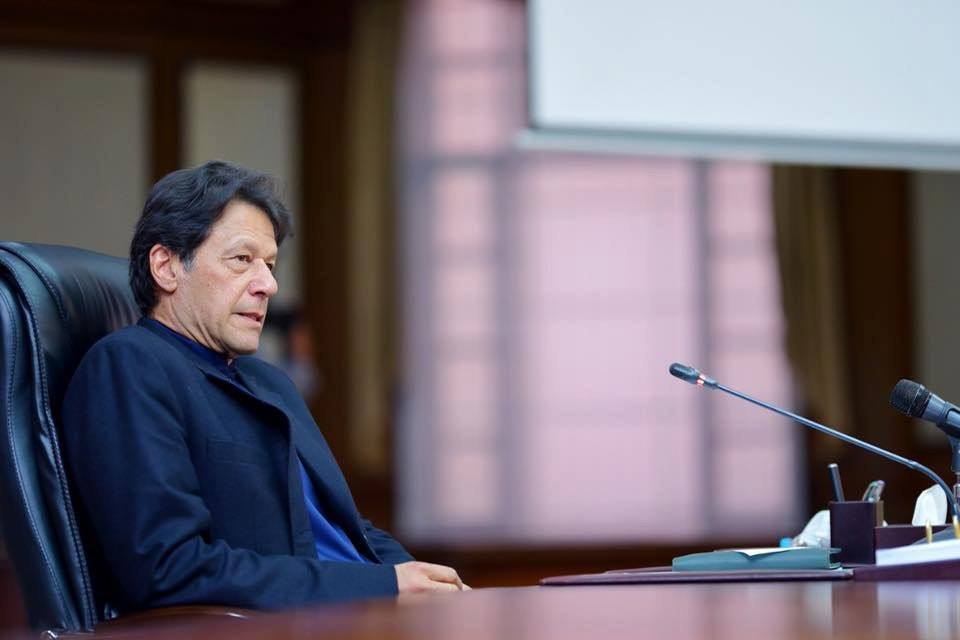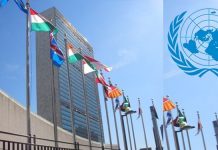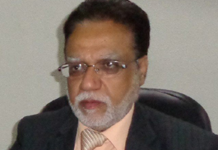ISLAMABAD: Speakers at a consultative meeting on post-adoption of ‘Sendai Framework on Disaster Risk Reduction (SFDRR)’ have termed implementation of disaster risk reduction (DDR) plans crucial to save lives and livelihoods of millions of vulnerable people across Pakistan.
The meeting was jointly organised by the United Nations Development Programme (UNDP), National Disaster Management Authority (NDMA) and Sustainable Development Policy Institute (SDPI) with the support of the UKAid.
The meeting was aimed at seeking appropriate recommendations from various stakeholders on future course of action and activities towards achieving the SFDRR objective. This is the first event held in Pakistan since the adoption of the SFDRR in March 2015. It is timely and strategically conducted, especially after the establishment of global indicators on SFDRR and terminology relating to the DRR.
The meeting stressed to incorporate local situations while catering to the needs of the people facing different kinds of vulnerabilities to hazards and disasters. The discussion revolved around the key goal of SFDRR that called for preventing new and reducing existing disaster risks through implementation of integrated and inclusive economic, structural, legal, social, healthcare, cultural, educational, environmental, technological, political and institutional measures that prevent and reduce exposure to hazards and vulnerability to disasters, and increase preparedness for response and recovery.
Referring to the state of disaster preparedness in Pakistan, NDMA Chairman Major General (r) Asghar Nawaz said that Pakistan had achieved a number of milestones towards building resilience of the vulnerable communities.
He; however, said that despite major achievements, Pakistan was still facing some challenges owing to its vulnerability to diverse nature of climate risks and hazards. He said the government was working to invest in terms of preparedness to provide enabling environment to deal with disasters. “We have a national disaster management plan, which is being aligned with the objectives and targets of SFDRR,” he added.
Earlier, Ahmad Kamal of the NDMA said that Pakistan needed to evaluate its disaster risk management systems in line with the guidelines available in international frameworks, including the SFDRR.
UNDP Country Director Ignacio Artaza said that the consultative process was highly useful and the UNDP would keep supporting such endeavours in future as well. “We would like to work closely with our local partners to make Pakistan more resilient country in the face of disasters.
We have witnessed increasing intensity and frequency of disasters that have affected the resilience of Pakistan. Pakistan, he said, had been ranked seventh among countries affected by climate change.
Dr Abid Qaiyum Suleri of the SDPI was of the view that disaster risk reduction plans would yield better results if they ensure participation of all stakeholders.















